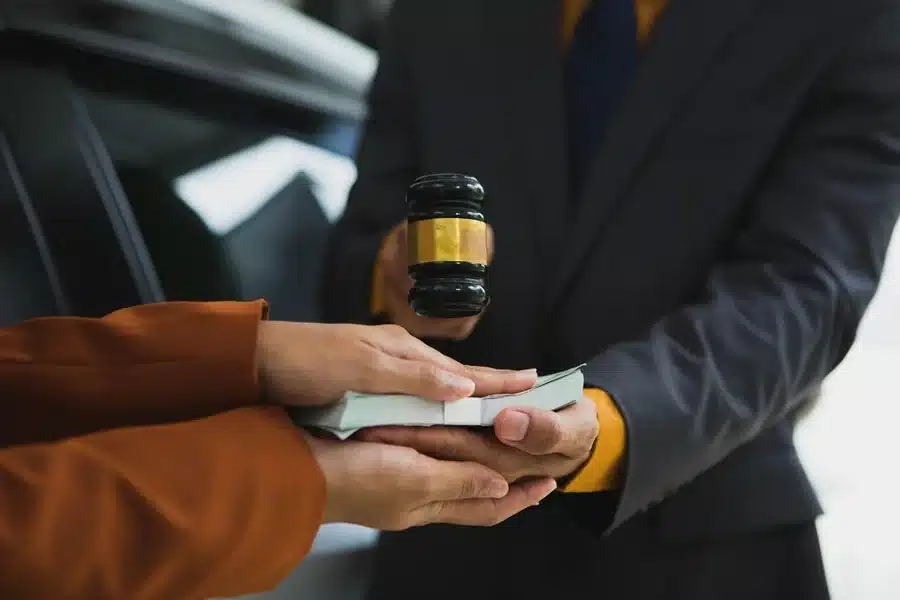Holding Property Owners Accountable for Deadly Elevator Accidents

Though rare, elevator malfunctions can result in fatal injuries, especially in older commercial buildings. A Denver wrongful death lawyer can help families investigate whether outdated inspections or ignored maintenance warnings contributed to the tragedy. Claims like these require aggressive evidence collection and expert mechanical testimony.
Causes and Consequences
Causes of Elevator Accidents
Although rare, elevator accidents often arise from mechanical failure, human error, and inadequate maintenance. Mechanical failures include malfunctioning doors, brake issues, and control system faults. These technical glitches may result from poor design, manufacturing defects, or wear and tear. On the other hand, human errors encompass improper use, such as overloading the elevator or forcefully closing the doors, which can strain the system and increase the risk of an accident. Furthermore, the lack of regular inspections and preventive maintenance can exacerbate these issues. Property owners who neglect routine checks are often found responsible when elevators do not meet safety standards, leading to potential hazards.
Consequences of Elevator Accidents
The impact of elevator accidents extends beyond physical injuries, often resulting in significant legal and financial repercussions for property owners. Victims may suffer from minor bruises to severe, life-altering injuries, demanding immediate medical attention and long-term care. In tragic cases, elevator accidents can even result in fatalities, leaving families devastated. Financially, property owners may face hefty lawsuits and compensation claims from victims or their families.
Legal battles can lead to reputational damage, affecting the value and trustworthiness of a business or residential property. Owners can mitigate these consequences by implementing stringent safety protocols, ensuring regular maintenance, and adhering to industry standards. By taking responsibility, property owners protect their investments and safeguard the well-being of those who rely on these essential transport systems daily.
Holding Property Owners Accountable
Understanding Liability in Elevator Accidents
Determining liability becomes crucial in legal proceedings when an elevator accident occurs. Property owners have a duty of care to ensure that their elevators are maintained and inspected regularly. Failure to do so can lead to severe legal consequences.
Negligence is a primary factor in these cases, where owners may be held responsible if they fail to adhere to safety regulations or overlook necessary maintenance. In many jurisdictions, specific laws codify property owners’ obligations to ensure elevators’ safety and functionality, holding them accountable when lapses occur.
The Role of Regulatory Standards
Elevator safety standards are typically enforced through local, state, and federal regulations. These standards mandate regular inspections and maintenance checks to ensure all elevators operate safely. Building codes often incorporate these standards, outlining the minimum requirements for elevator safety.
Property owners must comply with these codes to avoid legal repercussions. In cases where an accident occurs due to non-compliance, the property owner can be found liable, facing potential fines, lawsuits, and damage to their reputation.
Legal Recourse for Victims
Victims of elevator accidents have several legal avenues to pursue compensation. Lawsuits can be filed under premises liability, where victims must prove the owner’s negligence directly resulted in injury. Additionally, victims may seek damages for medical expenses, lost wages, and pain and suffering. Legal representation is essential in navigating these complex cases, as attorneys can provide critical guidance on gathering evidence, understanding applicable laws, and negotiating settlements.
Final Thoughts
Holding property owners accountable for deadly elevator accidents is vital in advocating for safer environments. By demanding stringent safety standards and regular maintenance checks, you contribute to a culture of responsibility and prevention. Consulting a Denver wrongful death lawyer can help families navigate the legal complexities following such tragedies.
Your awareness and action can push for stronger legal frameworks and enforcement, ultimately saving lives. As an informed citizen, your voice can drive change, ensuring property owners prioritize safety over negligence.
